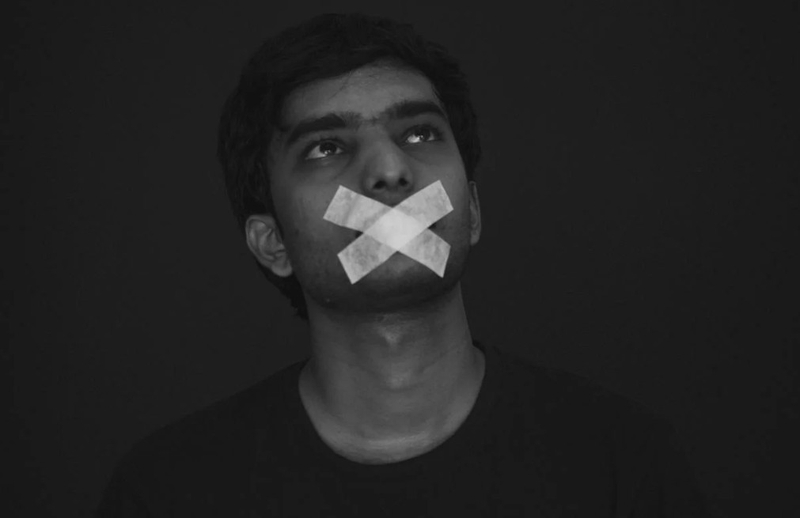We talk about money like we talk about weather. Briefly. Vaguely. And never when there’s a storm coming. Especially as men. We’re fine comparing wages in the pub when things are going well. But talk about debt? Real, personal, uncomfortable debt? Silence.
And that silence is costing us.
Because the truth is, a lot of us are in it. Credit cards. Overdrafts. BNPL schemes that got out of hand. That car on finance we couldn’t quite afford but “deserved.” The quiet stress of trying to keep everything ticking over, hoping this month will be easier than the last. Most of us know that feeling. But we don’t talk about it.
Debt is Rising
In the UK, the average man owes around £18,000 in unsecured debt—credit cards, loans, overdrafts, that sort of thing. That’s not including mortgages. And while student loans account for a chunk of that for younger guys, it’s not the whole story. Credit card debt is rising again. Energy bills have gone up. Rent is climbing. The cost of living squeeze has turned overdrafts into lifelines.
Yet for some reason, when men talk about money, it’s usually in one of two ways: we either brag or stay completely quiet. There’s very little in between.
You’d think we were all smashing it—earning six figures, investing in crypto, and shopping in Aldi for the banter, not the budget. But behind the scenes? A lot of us are just trying to stay afloat.
Pride, Pressure, and Pretending

So why don’t we talk about it?
Simple: debt feels like failure, and we’re not great at admitting when we’re not on top of things. From a young age, a lot of men are taught—subtly or otherwise—that success is about control. You don’t cry, you don’t panic, and you don’t ask for help. You sort it out. You handle it.
So when money slips through your fingers, or when one month of furlough wrecks your savings, or when that one bad decision snowballs into something unmanageable—it feels like you’ve let yourself down.
And we carry that quietly. We carry it into our relationships, into our work, into our sleep. Debt isn’t just numbers on a screen. It’s the late-night stomach knots. The arguments about spending. The feeling of being stuck—like you’ll never catch up.
Worse, it becomes part of your identity. You don’t just “have debt.” You are in debt. And that’s where the shame creeps in.
Keeping Up—and Falling Behind
Modern life doesn’t help. Social media tells us everyone else has it sorted. They’ve got the house, the holidays, the hot tub, the home gym. Meanwhile, you’re juggling credit card minimums and putting off the dentist again.
And then there’s lifestyle pressure. The unspoken rules about what a “successful man” looks like. You’re supposed to have a car that works, a flat that isn’t mouldy, clothes that don’t say “I gave up,” and ideally a social life that makes you look like you’re living rather than surviving. All of which costs money.
So we stretch. We use Klarna. We put it on the card. We justify. We pretend. Until one day, it’s not manageable anymore—but by then we’re too embarrassed to say anything.
The Cost of Silence

Here’s the real danger: not talking about debt makes it worse.
When you feel like you’re the only one struggling, you don’t ask for help. You don’t look for advice. You don’t even consider that maybe there’s a way out. You just keep juggling payments and hoping it sorts itself out.
It doesn’t.
And the longer it goes on, the more it eats away at you. Mentally, emotionally, even physically. Debt is one of the leading causes of stress-related illness. It wrecks confidence. It ruins relationships. And in extreme cases, it costs lives. That’s not dramatic—it’s the reality for thousands of men who felt trapped and isolated.
So Let’s Talk About It
This isn’t about sitting in a circle and spilling your financial secrets. It’s about honesty. About normalising conversations that might actually help someone else—and you.
It’s as simple as saying to a mate, “Yeah, I’m in my overdraft again this month.” Or, “I got a bit carried away with the credit card last year—trying to sort it now.” You’d be amazed how many blokes will nod and say, “Same.”
Start with small things. Admit that you’re budgeting. Ask how someone else manages theirs. Say no to a night out if you can’t afford it—and don’t apologise.
And if you’re in deep? Get advice. StepChange, National Debtline, Citizens Advice—there are services out there that will help you without judging. They’ve seen it all before. You’re not the first, and you definitely won’t be the last.
Debt isn’t a moral failure. It’s a money problem. And like any problem, it gets easier once you face it—and once you realise you’re not alone in it.
So let’s stop pretending. Let’s stop carrying it in silence.
Because real strength? It’s not about having it all together. It’s about knowing when to speak up—and being man enough to do it.
